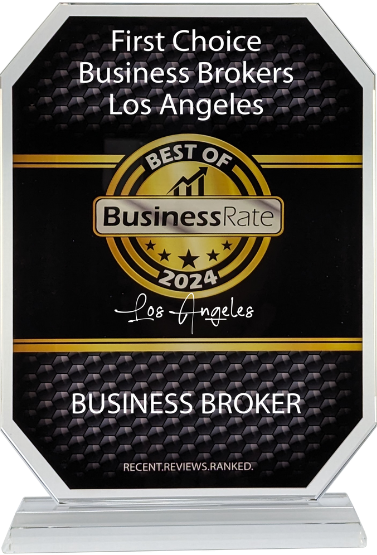How to Choose a Bank for Small Business
Choosing the right bank for your small business is a crucial decision that can have a significant impact on your financial success. With so many options available, it's important to consider several factors to ensure that you find a bank that meets your specific needs. This article will guide you through the process of choosing a bank for your small business, including understanding your business banking needs, researching bank options, and evaluating bank services and fees.
Key Takeaways
- Identify your business banking needs and goals before choosing a bank.
- Research different bank options and compare their services and fees.
- Consider the bank's reputation and customer reviews.
- Evaluate the bank's online and mobile banking capabilities.
- Take into account the bank's customer service and accessibility.
Factors to Consider When Choosing a Bank for Your Small Business
Understanding Your Business Banking Needs
When choosing a bank for your small business, it is important to understand your specific banking needs. Small businesses have unique requirements when it comes to banking, and finding a bank that can meet these needs is crucial for the success of your business.
One important consideration is the type of bank that is best suited for your small business. There are different types of banks, including traditional banks, online banks, and credit unions. Each type of bank offers different services and benefits, so it is important to research and evaluate which type of bank is the right fit for your business.
Another factor to consider is whether the bank offers specialized services for small businesses. Some banks offer specific services tailored to the needs of small businesses, such as business loans, merchant services, and business credit cards. These services can be beneficial for small businesses looking to grow and expand.
Additionally, it is important to consider the fees associated with banking services. Banks may charge fees for various services, such as monthly maintenance fees, transaction fees, and ATM fees. It is important to evaluate these fees and consider how they will impact your business's finances.
In summary, when choosing a bank for your small business, it is important to understand your specific banking needs, research and evaluate different bank options, consider specialized services for small businesses, and evaluate the fees associated with banking services.
Researching Bank Options
When researching bank options for small businesses, it is important to consider several factors. Small businesses have unique banking needs, and finding the right bank can make a significant difference in their success. Here are some key points to keep in mind:
- Bank Size: Consider whether the bank is large enough to meet your business's needs. A larger bank may offer a wider range of services and resources, while a smaller bank may provide more personalized attention.
- Bank Services: Look for a bank that offers the services your business requires, such as business for sale financing, merchant services, or online banking. It's important to choose a bank that can support your specific needs.
- Bank Fees: Evaluate the fees associated with different bank accounts and services. Some banks may charge higher fees for certain transactions or services, so it's important to understand the cost implications.
- Bank Reputation: Research the reputation of the bank you are considering. Look for reviews and ratings from other small business owners to get an idea of their experiences.
- Bank Accessibility: Consider the bank's accessibility, both in terms of physical branches and online banking options. It's important to choose a bank that is convenient for your business's day-to-day banking needs.
- Bank Support: Finally, consider the level of support the bank offers to small businesses. This can include dedicated account managers, business advisory services, or educational resources to help your business thrive.
By carefully researching bank options, small business owners can find a bank that meets their unique needs and supports their growth and success.
Evaluating Bank Services and Fees
When evaluating bank services and fees for small businesses, it is important to consider the specific needs of your business. Different banks offer different services and fee structures, so it is crucial to find a bank that aligns with your business goals and objectives.
One important factor to consider is the availability of business loans and lines of credit. Small businesses often require financial assistance to support their growth and expansion. Look for a bank that offers competitive interest rates and flexible repayment options.
Additionally, it is essential to evaluate the fees associated with various banking services. Some banks may charge monthly maintenance fees, transaction fees, or fees for additional services. Compare the fee structures of different banks to ensure that you are getting the best value for your money.
Lastly, consider the bank's support for businesses that are for sale. If you are planning to sell your business in the future, it is important to choose a bank that has experience and expertise in handling business sales. They can provide guidance and support throughout the process, making it easier for you to transition to the next phase of your entrepreneurial journey.
Remember, choosing the right bank for your small business is a crucial decision that can impact your financial success. Take the time to research and evaluate your options to ensure that you find a bank that meets your specific needs and goals.
Conclusion
Choosing the right bank for your small business is a crucial decision that can impact your financial success. By understanding your business banking needs, researching bank options, and evaluating bank services and fees, you can make an informed choice. Remember to consider factors such as
convenience,
customer service, and
technology when making your decision. With the right bank by your side, you can focus on growing your business and achieving your goals.






